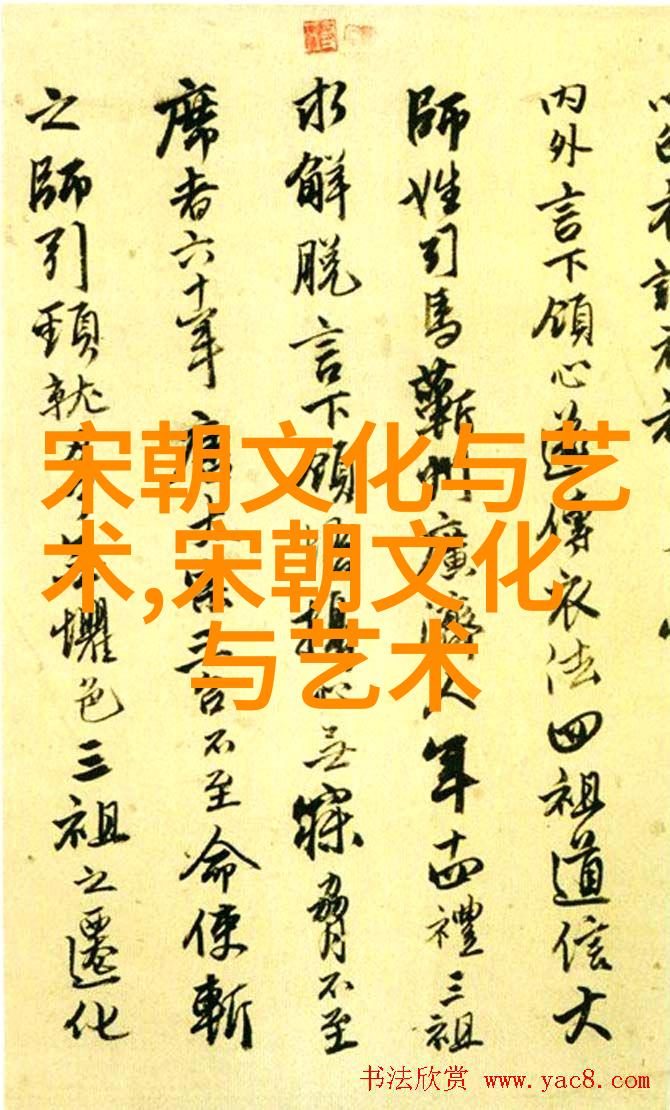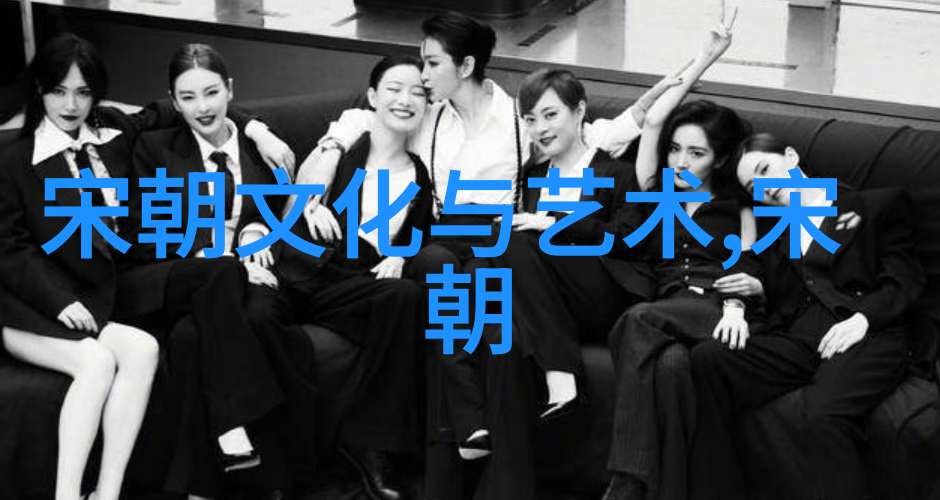Unveiling the Fascinating English Side of Chinas R
Unveiling the Fascinating English Side of China's Rich History: A Journey Through Time and Language

China, a country with a history dating back over 4,000 years, has seen its fair share of empires rise and fall. The Chinese language has also evolved significantly over time, from ancient dialects to modern Mandarin. However, did you know that there are some fascinating English expressions related to China's history? Let us embark on a journey through time and language to uncover these hidden gems.
Ancient Silk Road
The Silk Road was one of the most famous trade routes in history, connecting China with the West. This ancient network played a significant role in shaping global politics and culture. In English, we have an expression "the silk road to success," which refers to any path or approach that leads to success or prosperity.

Great Wall of China
The Great Wall is one of the most iconic landmarks in China and one of the longest structures ever built. Its construction began during the Ming Dynasty (1368-1644) as a series of separate walls built by different dynasties for defense purposes against invading nomadic tribes from Central Asia.

Terracotta Army
In 1974, archaeologists discovered more than 8,000 life-sized terracotta soldiers buried underground near Xi'an city in Shaanxi Province - this was no ordinary discovery! These life-sized clay sculptures were created between 210-206 BCE as part of Emperor Qin Shi Huangdi's mausoleum complex.

Forbidden City
Built during the Ming dynasty (1368-1644), this imperial palace served as home for generations of emperors until it was abandoned by Chairman Mao Zedong after he took power in 1949 following Communist victory in civil war.

5.Peking Duck
Peking duck is another dish originating from Beijing (formerly known as Peking). Legend says that Emperor Tongzhi requested chefs at his court create something new for him when he visited his mother at her residence inside Palace Museum gates called Qianmen Gate around late Qing Dynasty period - thus came about Peking duck recipe!
6.Mao Zedong Thought & Cultural Revolution
Mao Zedong thought emphasizes class struggle & mass mobilization while criticizing revisionism; Cultural Revolution aimed at purging remnants anti-revolutionary elements within society led by Chairman Mao himself but resulted chaos violence destruction widespread political repression lasting decade long impact still felt today.
By exploring these six points above we can see how much rich historical context exists within Chinese culture reflected through various aspects such as language itself which reflects values beliefs traditions etc., making our understanding deeper richer more comprehensive overall experience engaging informative fun learning experience indeed!



